Are you someone who wants your work to create a real impact? Do you often ask yourself, ‘How can I contribute meaningfully to the challenges facing India today?’
In today’s India, changemakers are no longer just those marching on the streets or working in isolated villages. They are:
- Social sector professionals leading inclusive programmes in health and education
- Corporate Social Responsibility (CSR) leaders are integrating sustainability with corporate goals
- Government officers are reforming public service policies
- NGO workers working on livelihoods, gender justice, or climate adaptation
- Social entrepreneurs designing scalable impact innovations
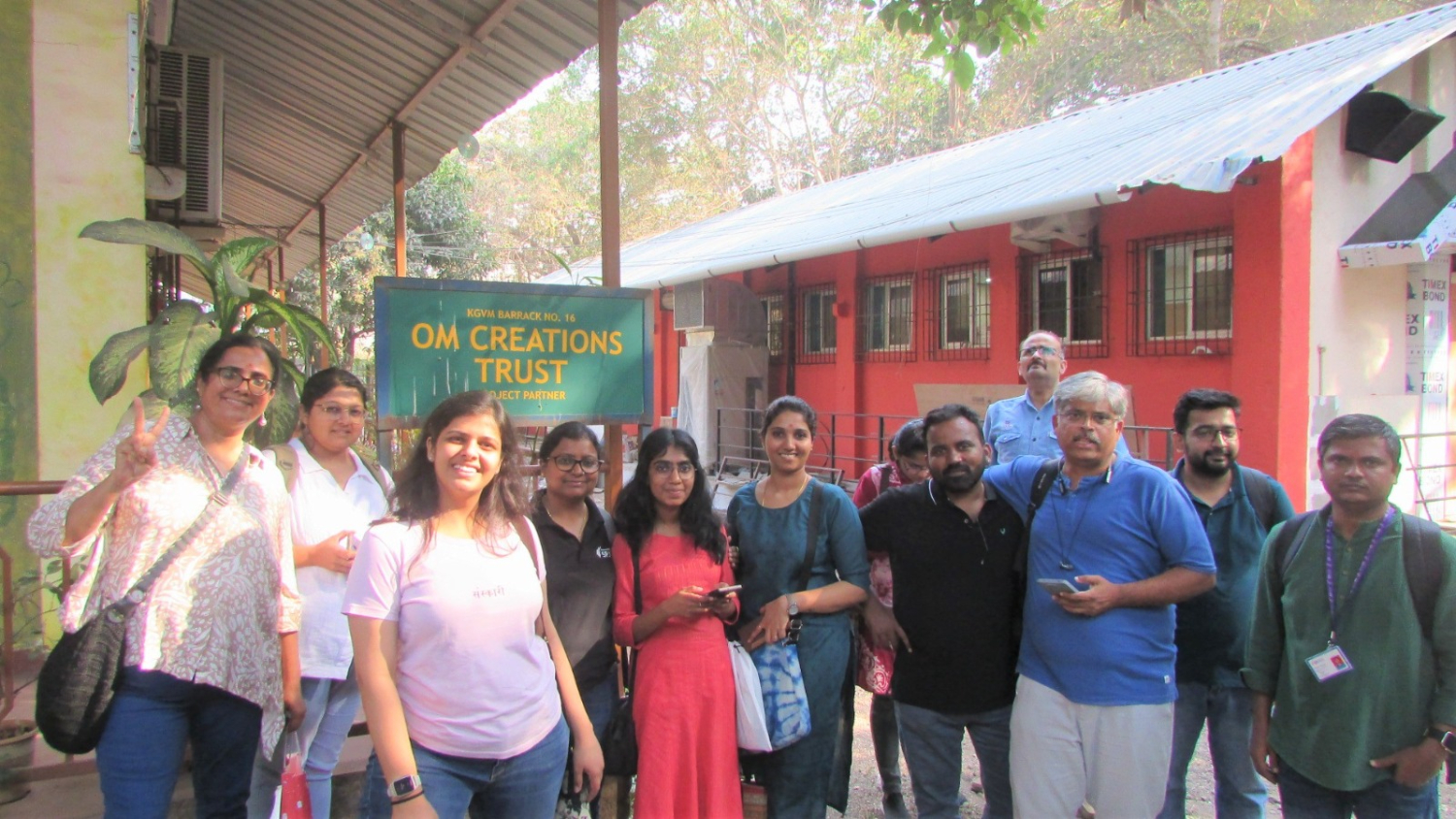
However, passion alone is not enough. India’s social sector development challenges are complex, intersectional, and evolving. They require trained minds—people who can think systemically, manage effectively, and work collaboratively across silos. That is where the social sector development courses and formal development management programmes step in.
The Indian social development sector: A landscape of need and opportunity
India’s social sector development journey is both inspiring and unfinished. The gaps in education, health, sanitation, and climate resilience continue to impact millions, especially in marginalised and rural communities. Simultaneously, the Indian social sector is also on the threshold of exponential growth, offering unexplored opportunities.
According to the UNDP Human Development Index 2025, India ranks 130 out of 193 countries. Meanwhile, the NITI Aayog SDG Dashboard reveals stark disparities between states on key goals like clean water, gender equality, and affordable energy.
Here’s where trained development leaders can make a difference:
| Development challenge | Why does it need skilled leadership |
|---|---|
| Gender equity and inclusion | Programme design with sensitivity to intersectionality, empowerment frameworks, and policy advocacy |
| Livelihood and rural development | Value-chain understanding, community mobilisation, and sustainable enterprise models |
| Water and sanitation (WASH) | Behaviour change communication, infrastructure planning, stakeholder alignment |
| Child rights and protection | Legal literacy, psychosocial support, programme monitoring, rights-based frameworks |
| Disability and accessibility | Inclusive design, service delivery innovations, rights-based advocacy |
| Youth and skill development | Market linkage, employability frameworks, life skills integration |
| Mental health and well-being | Cross-sectoral integration (education, health, livelihoods), culturally contextualised interventions |
| Climate and environmental justice | Local adaptation, natural resource governance, and multi-stakeholder coordination |
| Urban poverty and housing | Slum rehabilitation planning, participatory urban governance, and policy implementation |
| Digital divide and access | Tech for development, digital literacy campaigns, and inclusive innovation |
In each of these areas, there is both a problem and a growing opportunity to solve it if we can nurture the right people to lead social sector development in India.
Why traditional solutions are not enough
For decades, India’s development work was driven by good intentions but often lacked frameworks to measure or sustain impact. Top-down government schemes frequently fail to resonate at the grassroots. They miss the lived realities of the communities they aim to serve.
On the other hand, grassroots efforts, while rich in empathy, sometimes struggle with strategy. They lack tools like stakeholder mapping, budgeting, impact evaluation, and scalability. This gap is exactly where development leaders come in: they combine intent with intelligence and values with rigour.
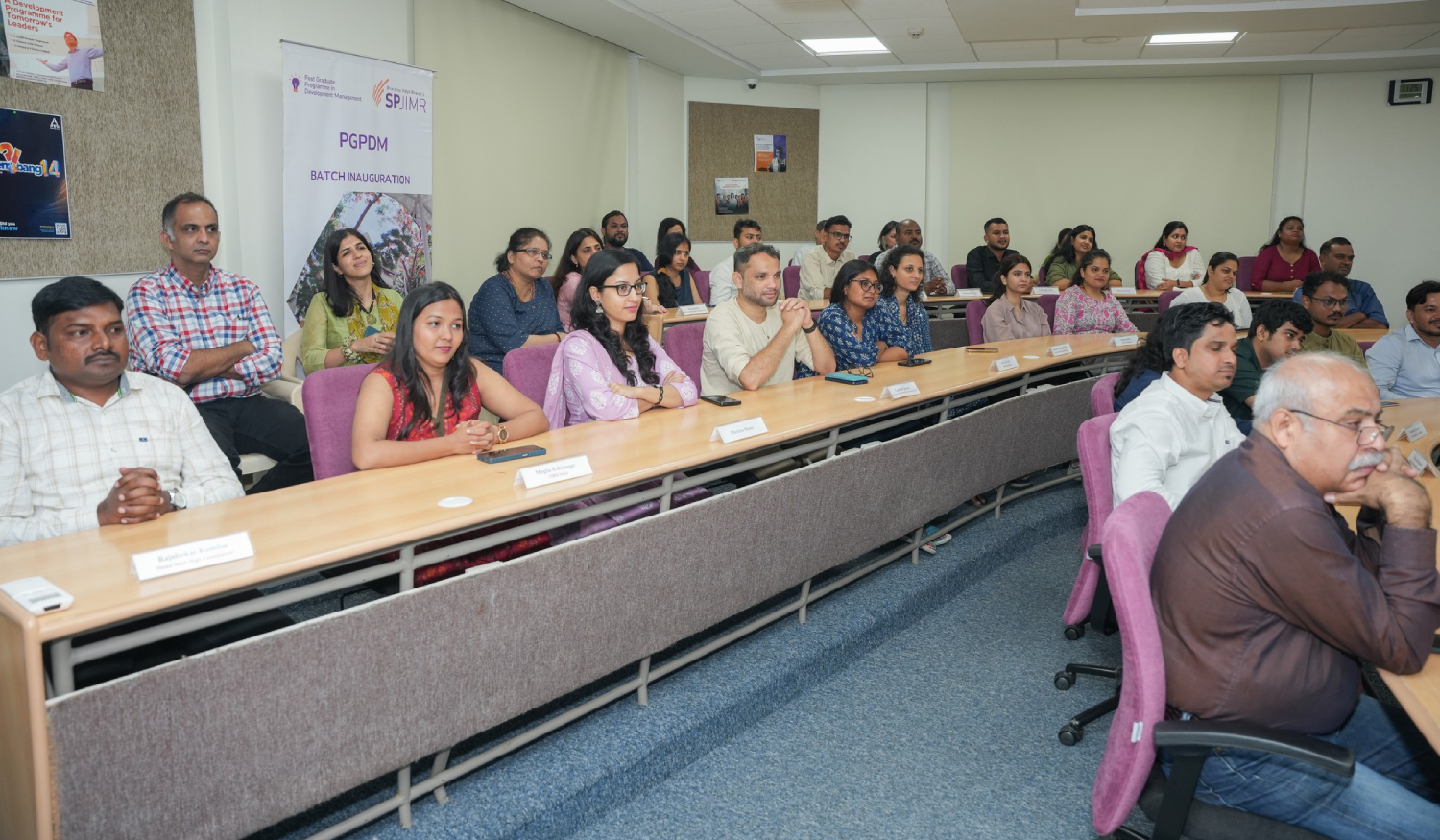
What makes a social sector development management professional different?
A development management professional is not just a project coordinator; they are the integrators of systems, people, and outcomes. They mitigate the real-world challenges of the largely unorganised social development sector.
They are professionals who merge purpose with practicality. Unlike traditional leaders, social sector development management professionals do not just aim to maximise efficiency; they seek to maximise impact in deeply human ways. Their training enables them to engage with communities at the grassroots while navigating the complex policy or donor environment.
They are also agents of collaboration, able to convene diverse stakeholders and create coherence across silos. From data to dialogue, they operate at the intersection of people, processes, and purpose. Their work spans planning, facilitation, evaluation, and storytelling.
Here is what sets them apart:
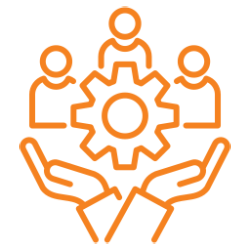 Understand systems and local realities
Understand systems and local realities
Social sector development leaders analyse how policies, institutions, and social dynamics interact at the grassroots. They tailor solutions that reflect real-world complexities rather than imposing one-size-fits-all models.
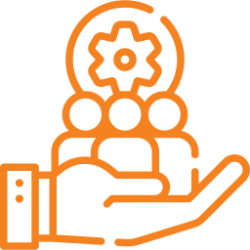 Balance empathy with evidence
Balance empathy with evidence
While driven by purpose, they ground their work in robust research and data. This balance ensures their interventions are compassionate and effective.
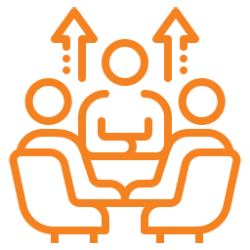 Communicate across communities and power structures
Communicate across communities and power structures
Whether speaking with panchayat leaders or national-level funders, development leaders build consensus and translate needs into action.
 Lead measurable, sustainable outcomes
Lead measurable, sustainable outcomes
They apply tools like ‘theory of change’ and ‘logical frameworks’ to ensure results are not just felt but measured.
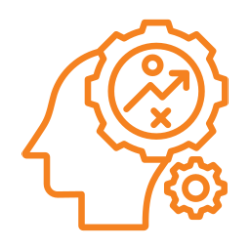 Think beyond crisis response
Think beyond crisis response
Trained to identify root causes, they design long-term strategies rather than reactive fixes.
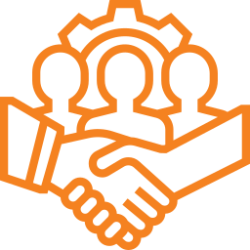 Build trust and foster ownership
Build trust and foster ownership
By involving communities throughout the lifecycle of a project, they nurture local leadership and sustainable change.
Social sector development leaders are the bridges between policy and people.
SPJIMR’s PGPDM: A programme for India’s changemakers
The Post Graduate Programme in Development Management (PGPDM) offered by the S.P. Jain Institute of Management & Research (SPJIMR) is tailor-made for professionals in the social sector development space.
This 12-month, part-time, hybrid programme is specially tailored for professionals working in or intending to work in social sector development in India.
Whether you are a:
- NGO or foundation professional
- For-profit Corporate Social Responsibility (CSR) strategist
- Employee at a government social policy or welfare department
- Social sector entrepreneur
- Consultant in development sector projects
- Advocate/partner of the United Nations Sustainable Development Goals (UNSDGs) Group
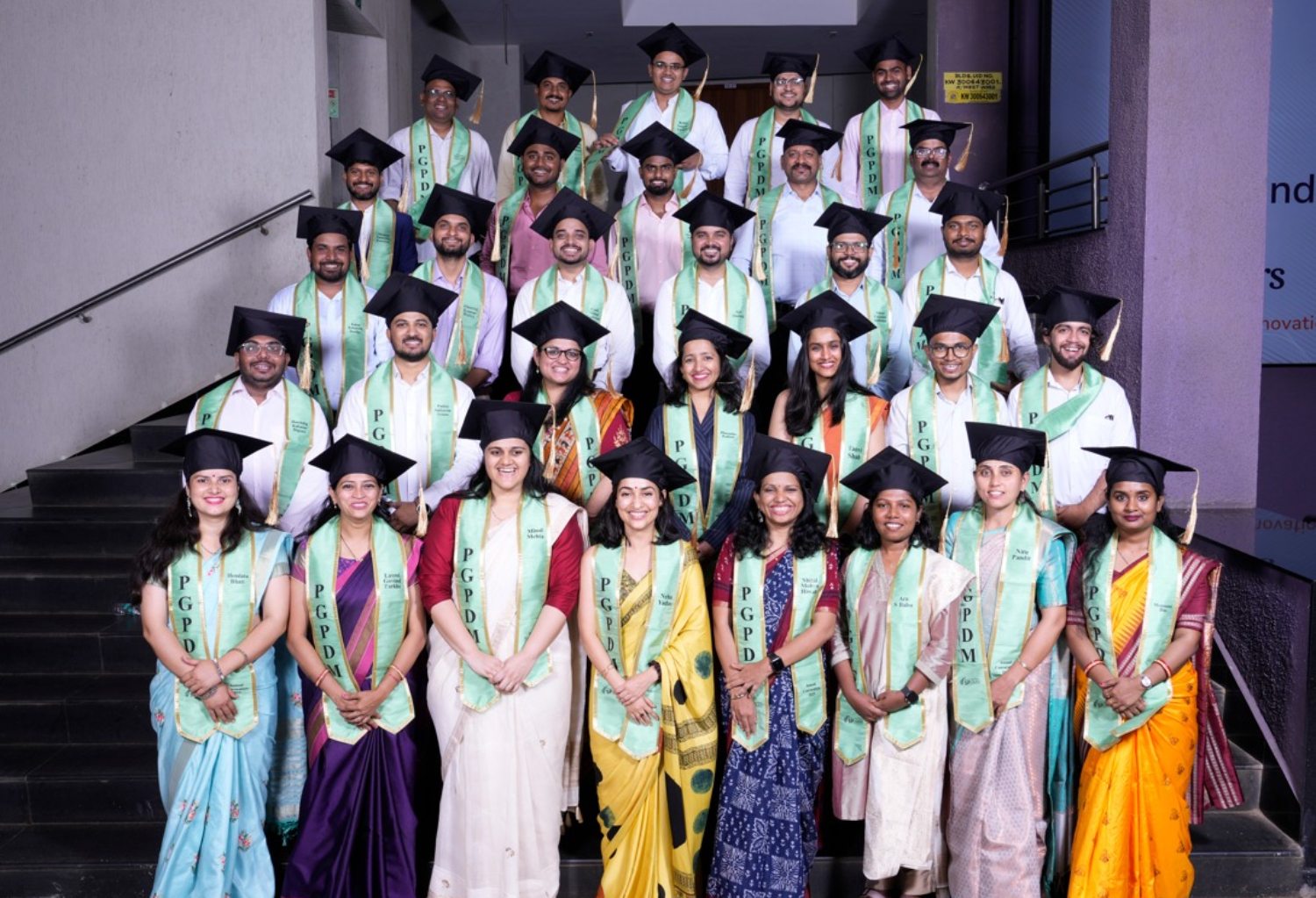
SPJIMR’s PGPDM helps you learn without taking a career break. With four immersive campus modules in Mumbai and online learning in between, the format is flexible and field-friendly.
What sets SPJIMR’s PGPDM apart?
The Post Graduate Programme in Development Management (PGPDM) at S.P. Jain Institute of Management & Research (SPJIMR) is not just another course—it is a transformative journey rooted in practice, reflection, and leadership.
Here is what makes it stand out:
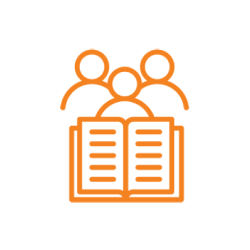
Interdisciplinary learning that blends management rigour with development realities
PGPDM integrates subjects like strategy, finance, marketing, and operations with grassroots-centred frameworks like ‘theory of change’ and participatory rural appraisal. This dual focus helps professionals address development challenges with structure and empathy.

Hybrid, part-time format designed for working professionals
With a mix of online learning and four immersive campus modules in Mumbai, participants continue their fieldwork while gaining world-class exposure. This design respects the time constraints of professionals and enables immediate application of classroom learning.

Faculty from the field and academia
Learn from leading development practitioners, policy experts, social entrepreneurs, and faculty with deep grassroots experience. This blend ensures conceptual clarity and practical relevance.
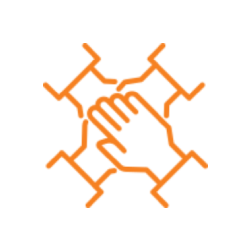
Rich diversity in the classroom
The cohort includes participants from NGOs, CSR arms, social enterprises, and government missions. This cross-sectoral peer learning sharpens your perspectives and builds a network of allies in the development ecosystem.
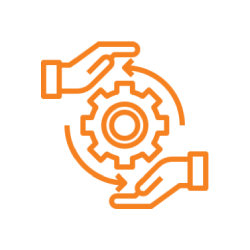
Hands-on field projects that go beyond theory
PGPDM is not confined to books. Each participant undertakes a capstone project rooted in their work context, strengthening real programmes while developing reflective leadership.
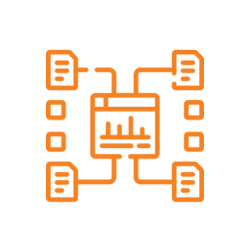
Curriculum with actionable frameworks and global tools
Modules include logical framework approach, outcome mapping, systems thinking, programme evaluation, and behaviour change communication—all essential for designing scalable, impact-focused interventions.
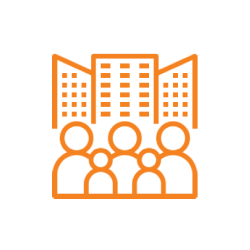
Strong alumni presence in India’s key development institutions
Graduates of PGPDM have gone on to lead and innovate in organisations like UNICEF, SEWA, Pratham, Tata Trusts, and DFID. This creates a powerful peer network and mentorship base.
Ready to take your next step?
Watch how PGPDM is shaping India’s changemakers.
Make your purpose more powerful. Start with PGPDM.
Register your interest in this programme
Please fill in the following details






